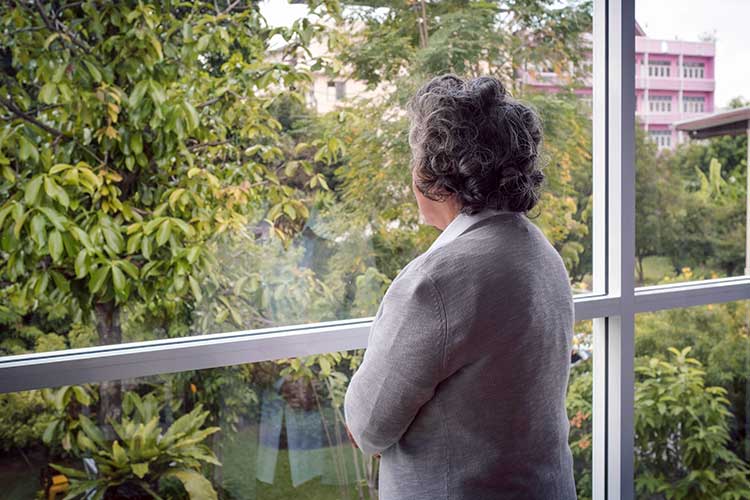The Quality of Care Experience and Community Expectations Research Paper
Published: 20 March 2021

Published: 20 March 2021

In 2019, almost 300 000 Australians were receiving aged care (transition care, home care, respite care or permanent residential care), with this number expected to increase in the future (GEN 2020; Ratcliffe et al. 2020).
Despite this, research continues to suggest that the majority of people receiving aged care in residential and home settings do not feel all of their care needs are being consistently met at a high standard (Ratcliffe et al. 2020).
As part of the Royal Commission into Aged Care Quality and Safety, the Caring Futures Institute at Flinders University conducted several national research projects in order to gain a greater understanding of the quality of aged care in Australia (Ratcliffe et al. 2020).
The findings of the research, which involved surveying aged care recipients and the Australian general public, were released in February 2021 prior to the Final Report of the Royal Commission into Aged Care Quality and Safety (Ratcliffe et al. 2020; Alderslade 2021).
The research findings emphasise ‘the need for comprehensive change in aged care and the Australian community’s strong commitment to achieve it’ (Ratcliffe et al. 2020; RCACQS 2021).

There were two components of the research:
(Ratcliffe et al. 2020)
The QEC questionnaire is based on the six key attributes of the quality of care experience, which were identified through extensive literature reviews (Khadka et al. 2020):
| Attributes of the Quality of Care Experience in Aged Care |
|---|
| 1. I am treated with respect and dignity. |
| 2. I am supported to make my own decisions about the care and services I receive. |
| 3. I receive care and support from aged care staff who have the appropriate skills and training. |
| 4. I receive services and support for daily living that are important for my health and wellbeing. |
| 5. I am supported to maintain my social relationships and connections with the community. |
| 6. I am comfortable lodging complaints, with confidence that appropriate action will be taken.
Note: This attribute is a combination of three separate statements:
|
(Adapted from Ratcliffe et al. 2020)
Using a five-point Likert scale, survey respondents scored each of these attributes as either ‘never’, ‘rarely’,’ sometimes’, ‘mostly’ or ‘always’ applicable (Ratcliffe et al. 2020).

The results of the surveys have been described as ‘alarming’, with only one quarter (24%) of residential aged care recipients and one fifth (20%) of home care recipients believing that their care needs are always being met across all six attributes (Ratcliffe et al. 2020).
It is important to note that respondents who answered the QEC questionnaire for themselves rather than using a proxy (i.e. through their family carer) were more likely to give positive scores, possibly due to:
(Ratcliffe et al. 2020)
The main findings from the large-scale general public survey were that:
(Ratcliffe et al. 2020)
The results of this research indicate that while the majority of the general public considers high-quality aged care to be important, there is considerable room for improvement in the care that is currently being delivered.